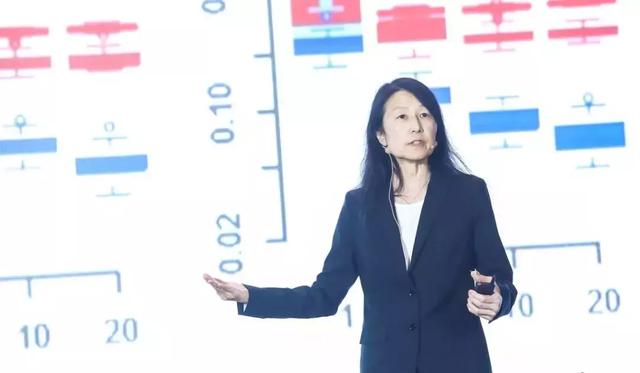

Jeannette M. Wing
Professor Jeannette M. Wing graduated from the Massachusetts Institute of Technology. Her main research areas are formal methods, trusted computing, distributed systems, and programming languages. In 1993 she collaborated with Turing Award winner Barbara Liskov on the famous Liskov Substitution Principle. Professor Wing first systematically defined computational thinking in 2006. She published a paper entitled "Computational Thinking" in the Communications of the ACM, a leading journal on computing in the US, which started a new journey towards the popularisation of computational thinking.
Professor Wing makes clear points about computational thinking: computational thinking is the study of computation. It is conceptualisation, not programming, and it is a foundation skill rather than a rote skill. Computational thinking is a human way of thinking rather than a computer way of thinking. It is mathematical thinking and also combined with engineering thinking. It is a type of thinking and not an artificial product. Professor Wing distinguished between programming and computational thinking and argued that computational thinking is not a separate discipline but is closely linked to other disciplines and thinking. Computational thinking is a way of thinking that everyone can use in their everyday lives and can be used almost anywhere. It can help people to simplify problems. Professor Wing has also made contributions to the field of artificial intelligence. She has published a review article in the Communications of the Association for Computing Machinery, bringing together researchers in the fields of trusted computing, formal methods and artificial intelligence to foster a new research community in academia, industry and government.
She currently serves as Executive Vice President for Research and Professor of Computer Science at Columbia University. She is a Fellow of the American Academy of Arts and Sciences, the American Association for the Advancement of Science, the Association for Computing Machinery (ACM) and the Institute of Electrical and Electronics Engineers. She has received Distinguished Service Awards from the ACM and the Computing Research Association and an honorary doctorate from Linköping University, Sweden.